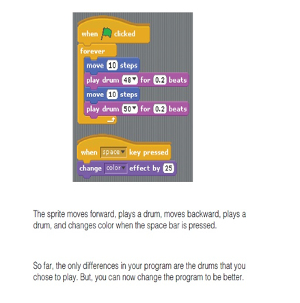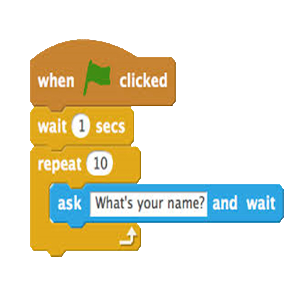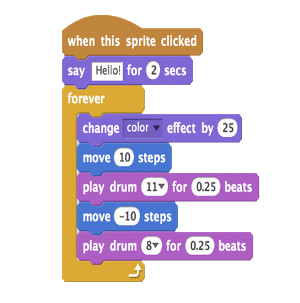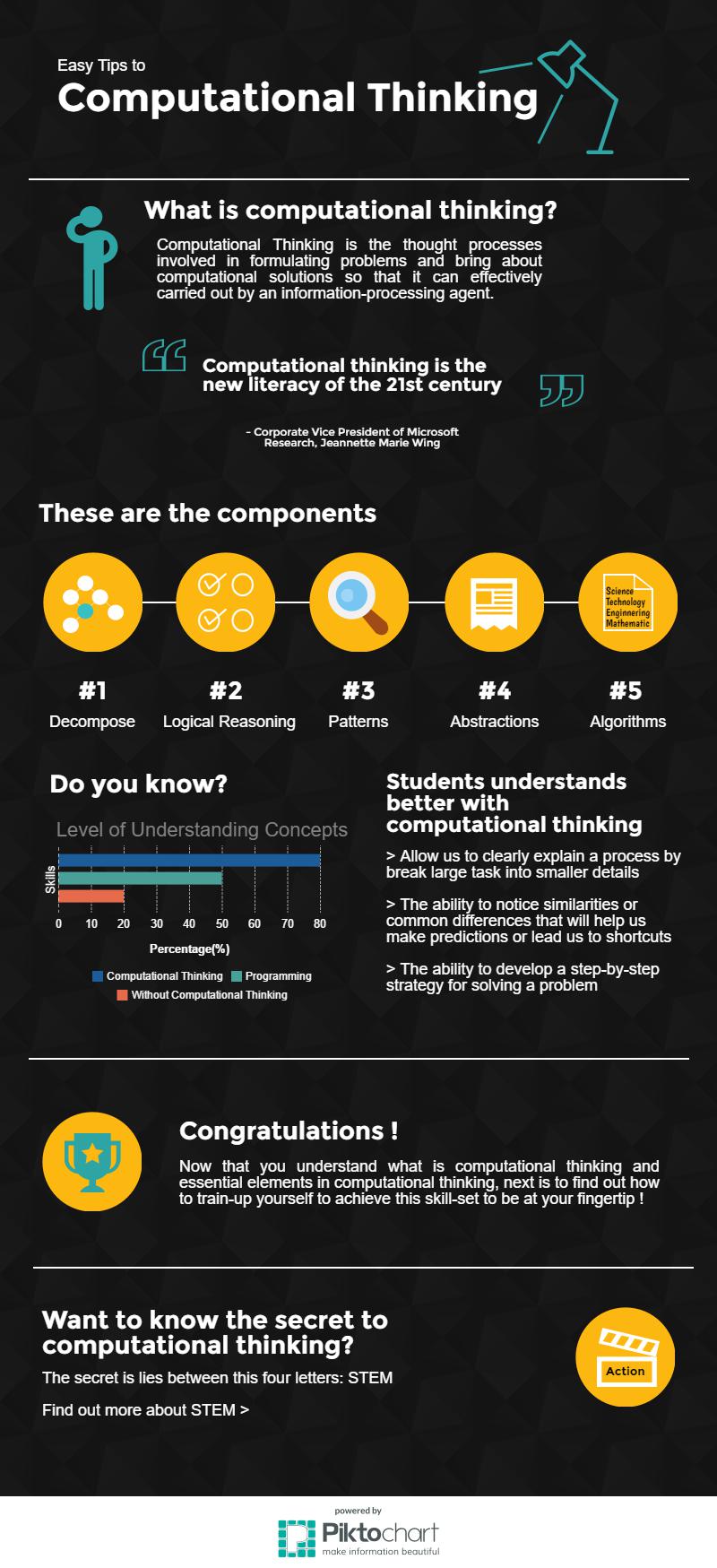What is
Computational Thinking?
Computational Thinking?

"Computational thinking is the new literacy of the 21st century."
- Corporate Vice President of Microsoft Research, Jeannette Marie Wing
Computational Thinking is the thought processes involved in formulating problems and bring about computational solutions so that it can effectively carried out by an information-processing agent.






